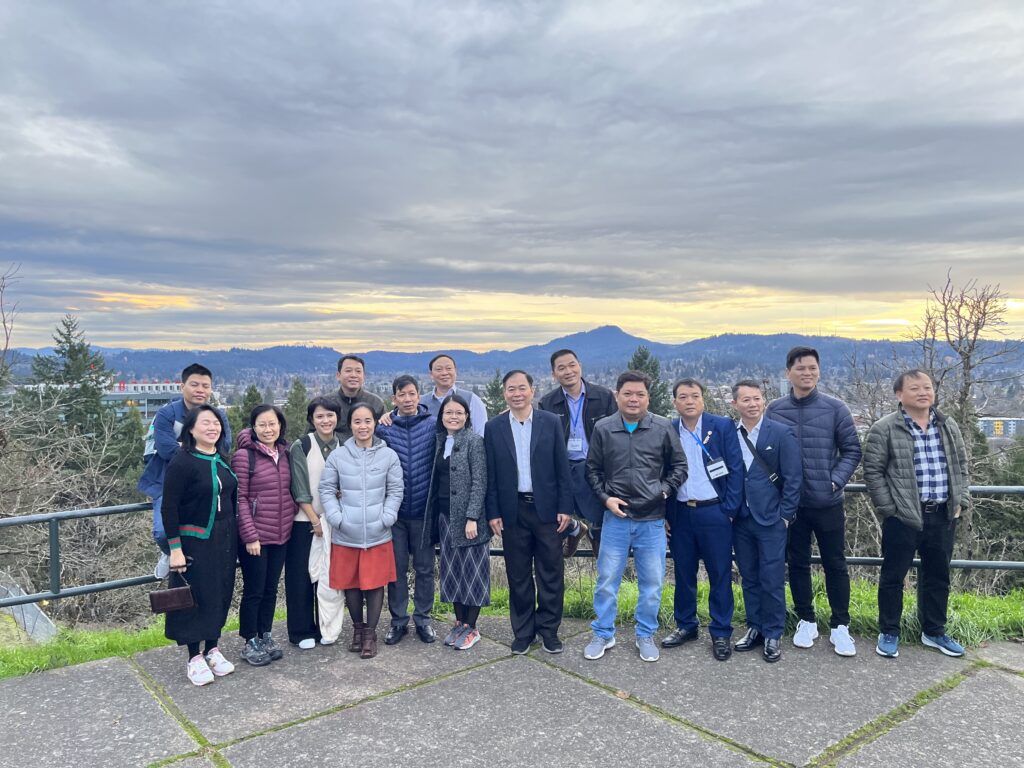When Marlon Celso first came to the United States, he had never met anyone who shared his disability. Celso, a high school exchange student from the Philippines, has dwarfism.
“I used to be scared or ashamed to talk about my disability,” he says. “Everything changed when I found out that my host parents are ‘little people,’ as they say. They taught me a lot of things about being a Little Person. It opened my mind and it also changed the way I look at myself. I know that what I have learned from them will be a very big help for me.”
For many international exchange students with disabilities, coming to the United States is an opportunity to be immersed in this country’s tremendous diversity, including the rich spectrum of disability culture. Host families that include members with disabilities often have the kind of knowledge and skills that can be transformative for international exchange students with disabilities, such as proficiency in American Sign Language, knowledge of adaptive sports and recreation activities, and new tools and tricks for independent living.
As placement organizations match international students with American host families, they are placing greater emphasis on finding families who are diverse in terms of geographic location, culture, ethnicity, and disability. Through their work, placement professionals expose students to the diversity the United States has to offer.
Hosts with disabilities can and should be part of this equation regardless of whether the students they host have disabilities or not. By doing so, hosts with disabilities are taking part in a dynamic and potentially life-changing two-way exchange and are also working to shape a more positive – and realistic – representation of diversity in America.
How to Become a Host
The Kennedy-Lugar Youth Exchange and Study (YES) program, funded by the U.S. Department of State, provides scholarships for secondary school students (age 15-17) from countries with significant Muslim populations to spend up to one academic year in the United States. Fill out the Host Family Interest Form today or contact MIUSA for more information about hosting a YES student with or without a disability in your community.
The Council on Standards for International Educational Travel (CSIET) is a not-for-profit organization committed to quality international educational travel and exchange for youth at the high school level. To learn about opportunities to host a high school exchange student in your home, visit the CSIET website.
For host families that include members with disabilities, or for families who plan to host students with disabilities, contact MIUSA with your disability-related questions.




